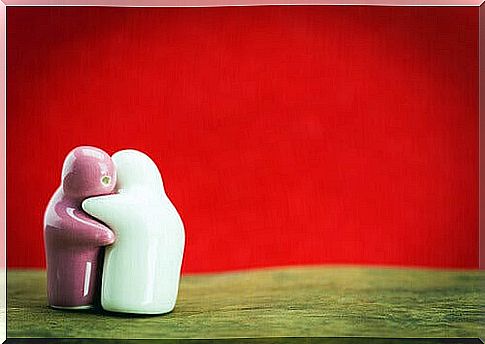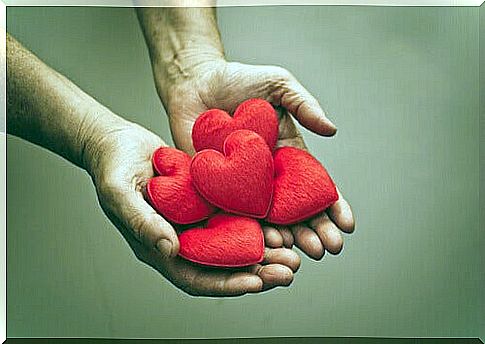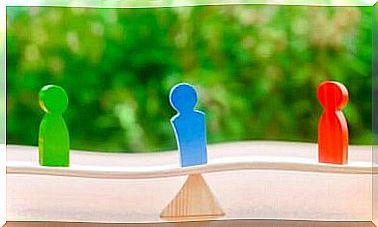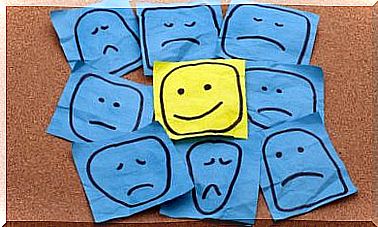Empathy: The Art Of Understanding Emotions

We could define empathy as the ability to put on the shoes of others, to understand their vision of the world, their point of view and their opinions, without prejudice.
Empathy is not only useful for others, it is also useful for ourselves.
What is empathy and what is it for?
Empathy is the ability to put yourself in someone else’s shoes, to understand them, to try to understand what happens in their mind, how it is why they feel a certain way, but not from their own point of view, but trying to think like them , with their ideas, their values …
Empathy starts from appreciation, from understanding that a person’s feelings are possible in the situation in which he finds himself, even if we, in the same situation, would think differently.
Put simply and with an example, perhaps it is not so important for us to be an only child, but for another person it can be. In this case , the empathic person knows how to put aside his “scale of the importance of things” to understand the suffering of the other according to “his scale of the importance of things”.

The degree of empathy
There are people to whom being empathic comes naturally, but others are totally unable to do so. Despite this, be careful!
Sometimes we confuse empathy with another concept which, although not the same, is very important to be empathetic. We are talking about the ability to recognize emotions.
It is about knowing how to recognize sadness, happiness, fear or anger. There are people who are able to quickly capture the emotional state of a person, while others who would not succeed even if they had written it on their foreheads, to exaggerate a little.
Obviously, there are many factors that influence this phase that precedes the more cognitive part of empathy: the familiarity that one has with the other person, our level of fatigue, his communicative predisposition, etc.
Empathy involves many positive aspects : it facilitates communication, consolation, problem solving, etc. However, there is also an opposite extreme, the negative one.
Living always adopting a point of view that is not ours can be the cause of an emotional disconnection with ourselves, which could cost us very dearly.
For this reason, we advise you to practice and train your mental capacity to put yourself in the shoes of others, but not forgetting that it is not about yourself and not staying there forever. The first to take care of us are ourselves.
When do we show our empathy?
It is possible to be a very empathetic person, but if we can’t prove it, if we don’t practice it, it’s useless. That said, we want to list some situations in which we use this skill:
- When we know how to listen and understand the feelings of others without caring about ourselves or our own words.
- When we don’t just use words to console others. Even a hug, a hand on the shoulder, a kiss or a caress makes us more empathetic.
- When we are with someone who has a problem and, for example, we also help them with a sense of humor.
- When we are able to express ourselves with delicacy and courtesy.
- When we do not show signs of boredom, irritation or tiredness towards what they are telling us.
- When we don’t make a comment, a joke or a joke if we know they will annoy the other.
- When, for example, we make an elderly person or a child understand that we understand them, that we understand them.
- When we help someone solve a problem and we are able to calm others down.

When do we not show our empathy?
On the contrary there are also moments and situations in which we do not show our empathy:
- When we think our problems are the only ones that matter.
- When we don’t listen to others.
- When we judge and make inappropriate comments.
- When we never offer a smile, a kind gesture, or a caress to others.
- When, whenever we do something for others, we expect something in return.
Empathy is a great skill to put into practice, as it allows us to better understand others. However, you must be careful and not use it too much, to avoid losing the bond with yourself.









